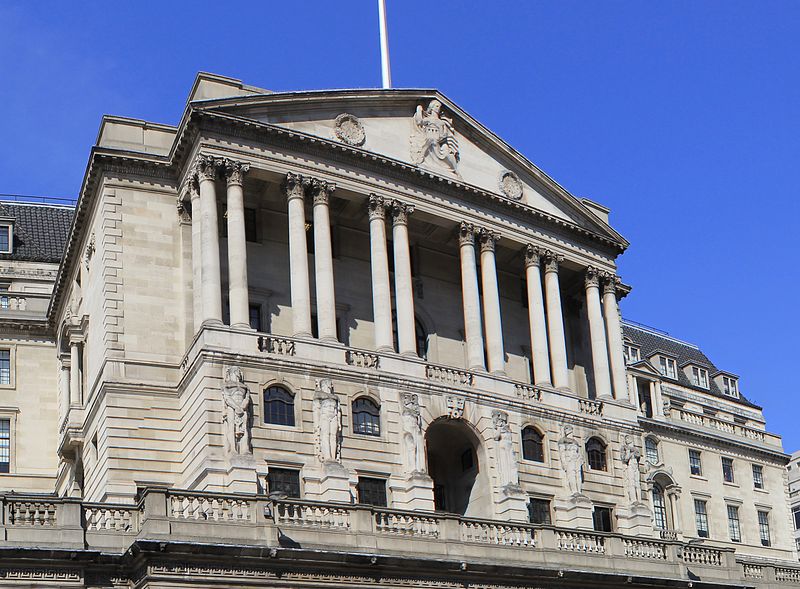
The Bank of England (BoE) is widely expected to lower interest rates next week, but a potential three-way split among its policymakers highlights the competing pressures on the UK economy:
stubborn inflation versus a weakening job market.
The BoE’s Monetary Policy Committee (MPC) remains divided. Some members push for more aggressive cuts to support employment, others remain wary of persistent inflation, while a majority appear to support a cautious, step-by-step approach.
In May, the MPC delivered a 25 basis-point rate cut, with members split three ways—some backing a larger cut, others preferring no change at all. Analysts anticipate a similar outcome at the upcoming August 7 meeting, with most expecting another quarter-point cut.
Governor Andrew Bailey and key policymakers have consistently advocated for a "gradual and careful" path forward, wary of undermining progress in containing inflation.
However, not all economists are convinced this cautious easing will continue. Robert Wood and Elliott Jordan-Doak of Pantheon Macroeconomics expect just one more cut before the BoE pauses. They forecast inflation will remain above the bank’s 2% target through 2026 and 2027—contrary to the BoE’s projection of inflation returning to target by early 2027.
Most economists surveyed by Reuters earlier this month believe the BoE will cut rates again in November, followed by two more cuts in 2026. This would bring the Bank Rate down to 3.25% from its peak of 5.25%—still well above the 0.5% levels that prevailed in the years after the 2008 financial crisis.
Caution mounts as inflation persists
While Labour’s Finance Minister Rachel Reeves has pointed to recent rate cuts as evidence of economic recovery under her government, rising inflation may force the BoE to slow or halt its easing cycle.
Headline inflation unexpectedly rose to 3.6% in June, and public expectations for future price growth remain elevated. HSBC economists Elizabeth Martins and Chris Hare suggest the BoE may revise its inflation peak forecast for the year to as high as 4%—double its official target.
They also warn of inflation’s longer-term influence on wage growth and consumer expectations. However, signs of labour market weakness could keep longer-term inflation forecasts anchored. HSBC expects the BoE to maintain its two-year inflation outlook just below target at 1.9%.
The BoE will announce its latest rate decision and economic forecasts at 11:00 GMT, followed by a press conference with Governor Bailey and other senior officials.
In addition to rate decisions, investors will be watching for any updates on the BoE’s plans to reduce its holdings of government bonds, with a key decision on the pace of asset sales expected in September. Photo by Katie Chan, Wikimedia commons.




































